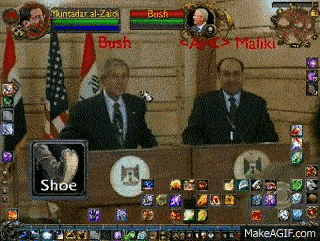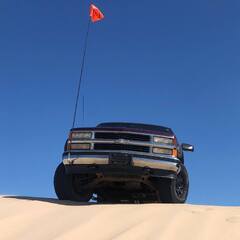Samsung and Oppo sued over bloatware in China
-
Featured Topics
-
Topics
-
Knugen1015 ·
Posted in Windows0 -
0
-
2
-
1
-
8
-
munem939 ·
Posted in Power Supplies1 -
6
-
1
-
6g2 ·
Posted in Troubleshooting1 -
NickKz ·
Posted in Programs, Apps and Websites6
-

















Create an account or sign in to comment
You need to be a member in order to leave a comment
Create an account
Sign up for a new account in our community. It's easy!
Register a new accountSign in
Already have an account? Sign in here.
Sign In Now